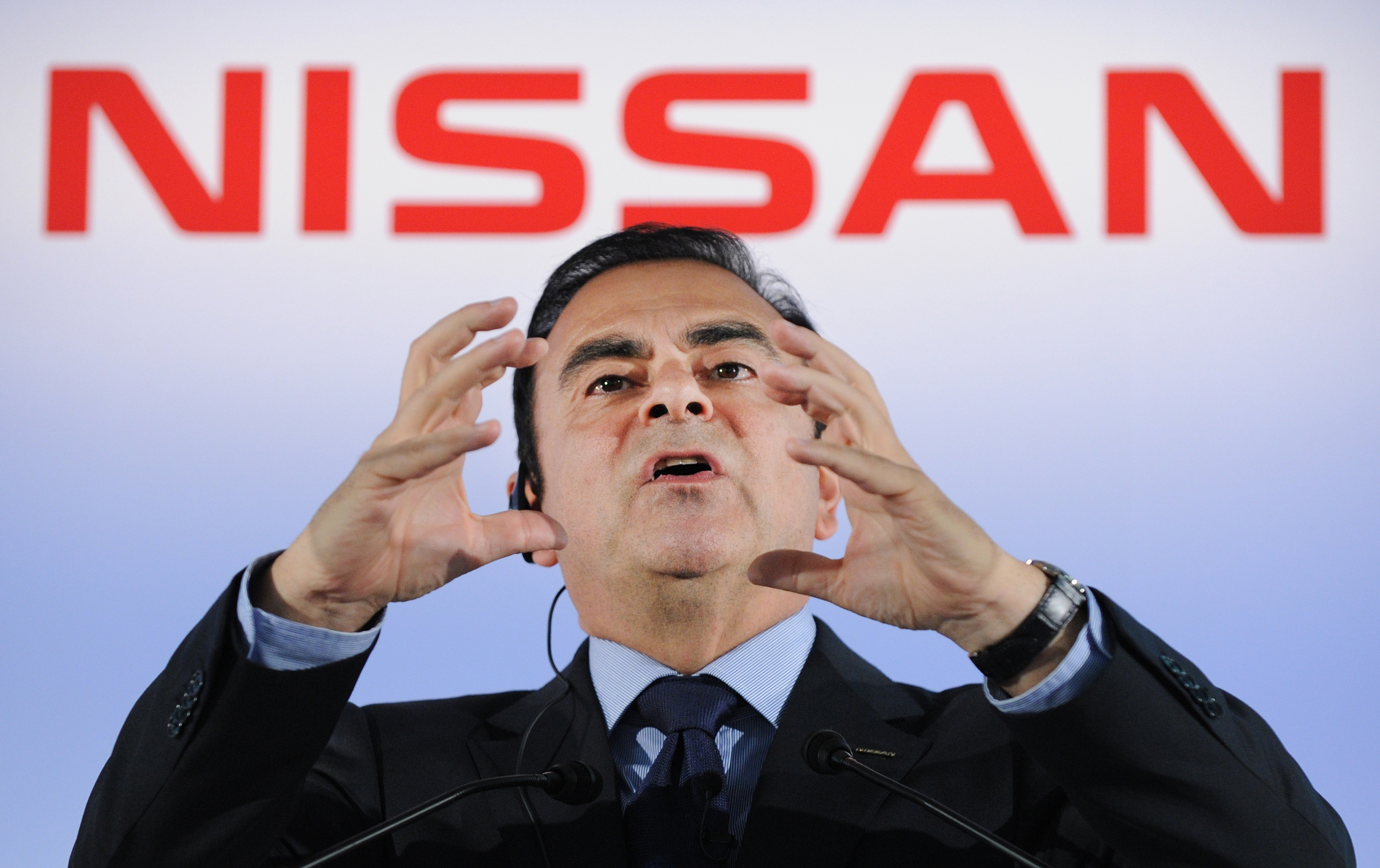After Ghosn court hearing: what happens next?
After this week’s courtroom drama, what next for Carlos Ghosn? (TORU YAMANAKA)
Tokyo (AFP) – Seven weeks after his shock arrest, former Nissan chief Carlos Ghosn made his first public appearance in a Tokyo courtroom this week, offering a rebuttal of the claims against him.
At the Tuesday hearing, a judge told Ghosn his ongoing detention was justified because the auto tycoon is a flight risk and could seek to tamper with evidence if released.
– What happens next? –
The next date-to-watch in the case is January 11, when the current detention period for Ghosn on a third set of allegations against him expires.
The executive has already been indicted on a first set of allegations of under-reporting his salary, and prosecutors are also investigating a second claim of misstating his pay.
The third accusation involves a complex alleged scheme to shift foreign exchange contracts to Nissan’s books and using company funds to pay off a friend who put up collateral for the contracts.
Prosecutors are expected Friday to indict Ghosn on that third claim, and possibly also on the additional allegations of under-reporting pay.
Each formal charge filed by prosecutors means Ghosn can be held for two months of pre-trial detention, which is renewable.
Prosecutors could also rearrest Ghosn on new allegations, and each new claim allows them to seek a maximum of 22 days detention while they investigate the accusation.
Ghosn’s own lawyer acknowledged Tuesday that his client was unlikely to win bail anytime soon, though his legal team could file a request if prosecutors indict the tycoon on Friday without levelling new accusations.
– What are the charges? –
Prosecutors are investigating three separate lines of enquiry:
— He is accused of under-reporting his salary by around five billion yen ($44 million) between 2010 and 2015 in official documents sent to shareholders.
— He is accused also of under-reporting his salary by a further four billion yen between 2015 and 2018.
— He is further accused of trying to transfer 1.85 billion yen in personal investment losses during the financial crisis to Nissan. He is also accused of wiring company funds to a Saudi associate who put up collateral for him in the alleged scheme.
In court Tuesday, Ghosn said the claims of under-reporting his pay were based on a misunderstanding of discussions about potential post-retirement compensation.
He said there was never a binding agreement on any such compensation, and referred to a “death test” — saying that if he died, his heirs would be entitled only to his existing retirement allowance.
He also said his decision to transfer two foreign exchange contracts to Nissan’s books was approved by the firm’s executives with the agreement the firm would not incur any losses.
And he said payments made to the Saudi associate were for legitimate services he had provided Nissan.
– How long will he be detained? –
Ghosn’s lawyers have made several attempts to get him released, and the hearing Tuesday was called to force judges to explain why he is still being detained.
But the court said Ghosn remained a flight risk and could try to conceal evidence if released.
Ghosn’s lawyer Motonari Otsuru, a former prosecutor in the unit investigating the businessman, said getting bail before the case goes to trial would be “very difficult.”
“I believe it could be considered that at least six months will be needed before being able to go to the first trial,” he added, citing the case’s complexity and the fact that the documents involved are in both Japanese and English.
And past cases have taken even longer.
Frenchman Mark Karpeles, head of the failed cryptocurrency exchange MtGox, was arrested in July 2015 after its collapse and spent a year in prison.
His first day in court was not until a year later in July 2017, and a verdict in the case is expected in coming months.
Disclaimer: This story is published from a syndicated feed. Siliconeer does not assume any liability for the above story. Validity of the above story is for 7 Days from original date of publishing. Content copyright AFP.


